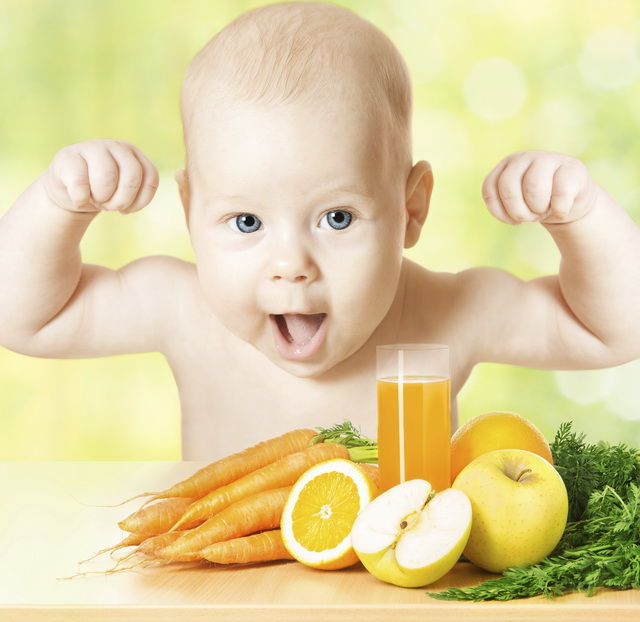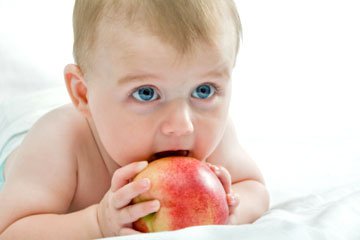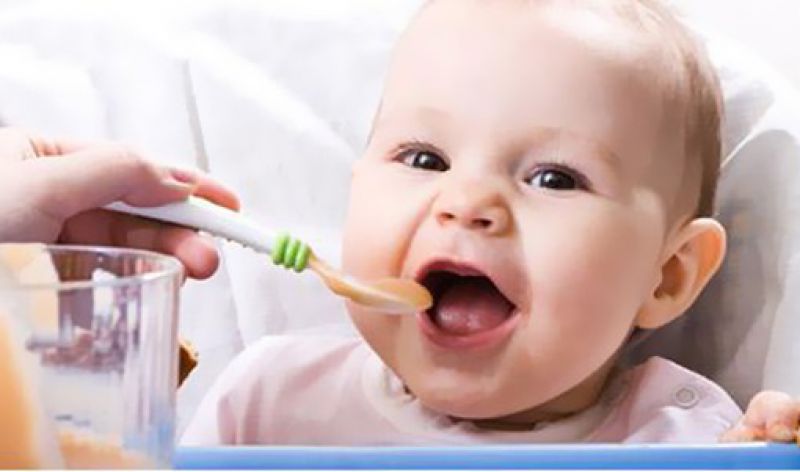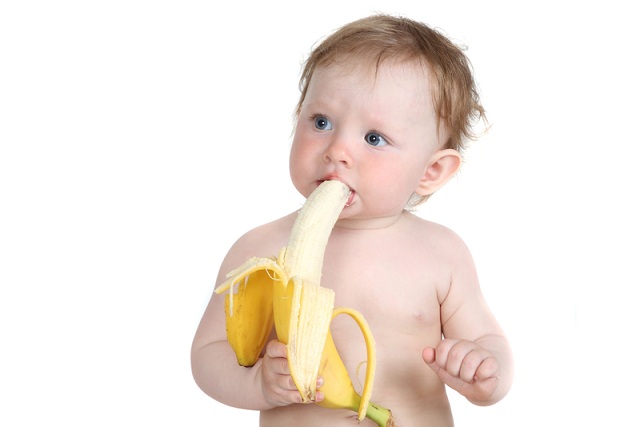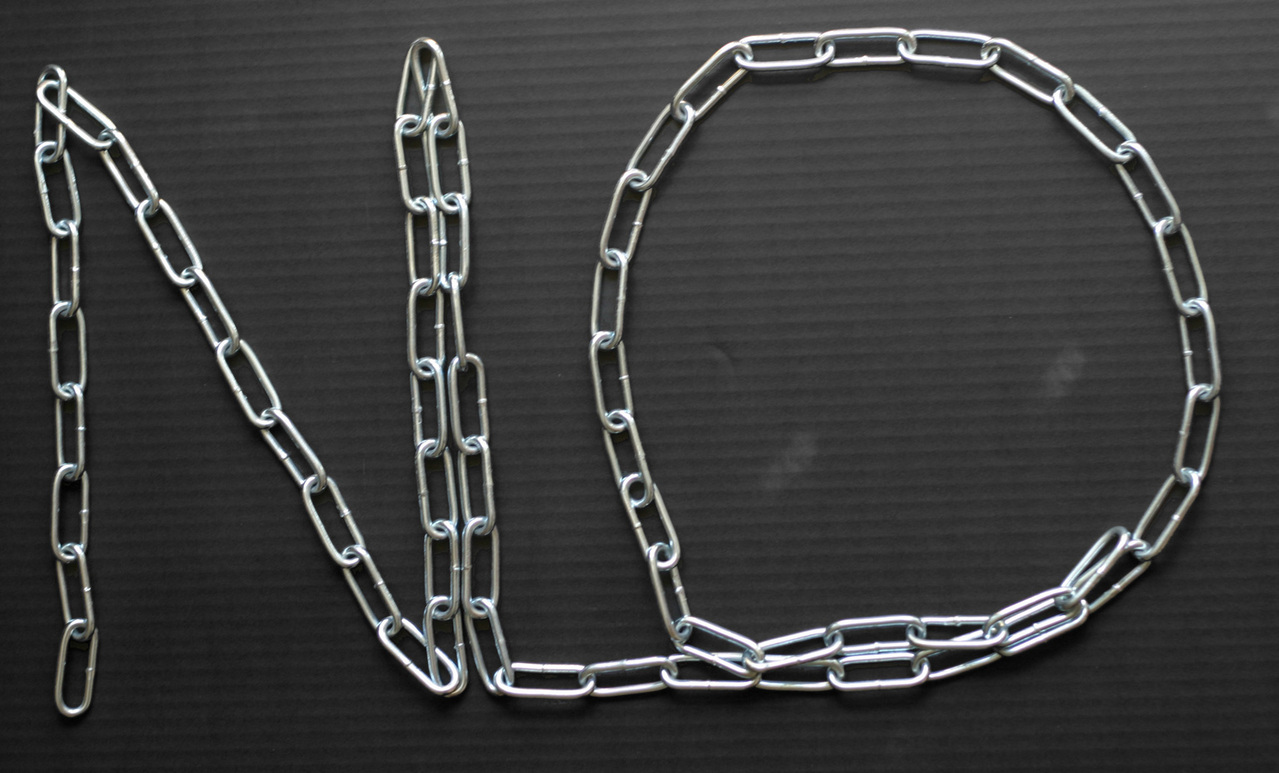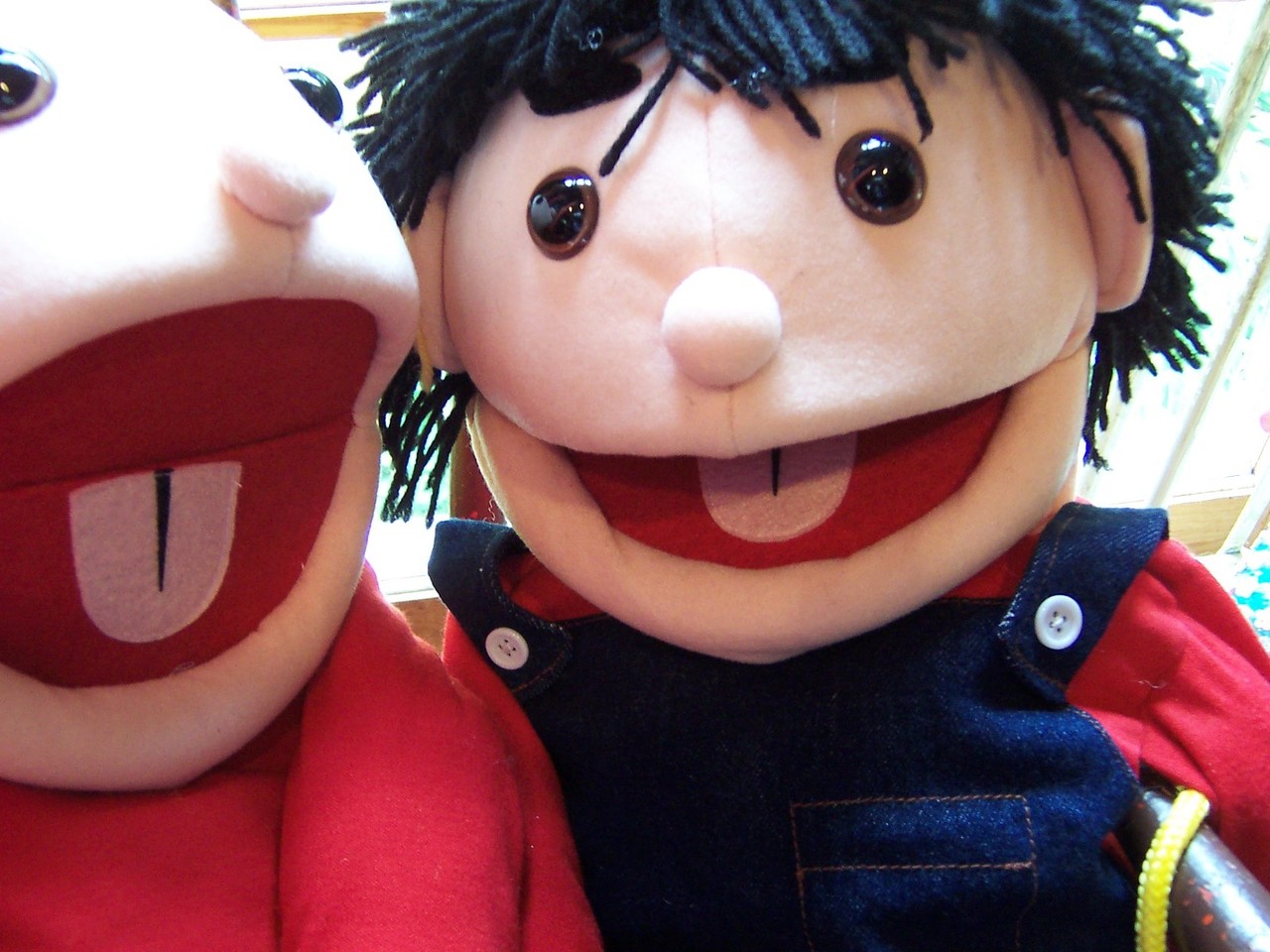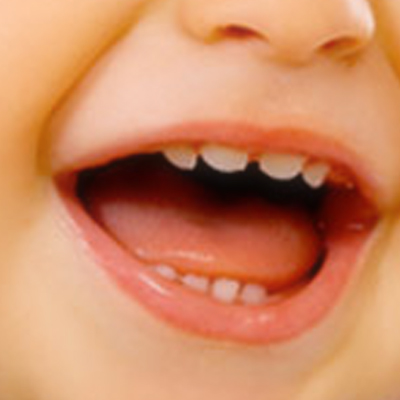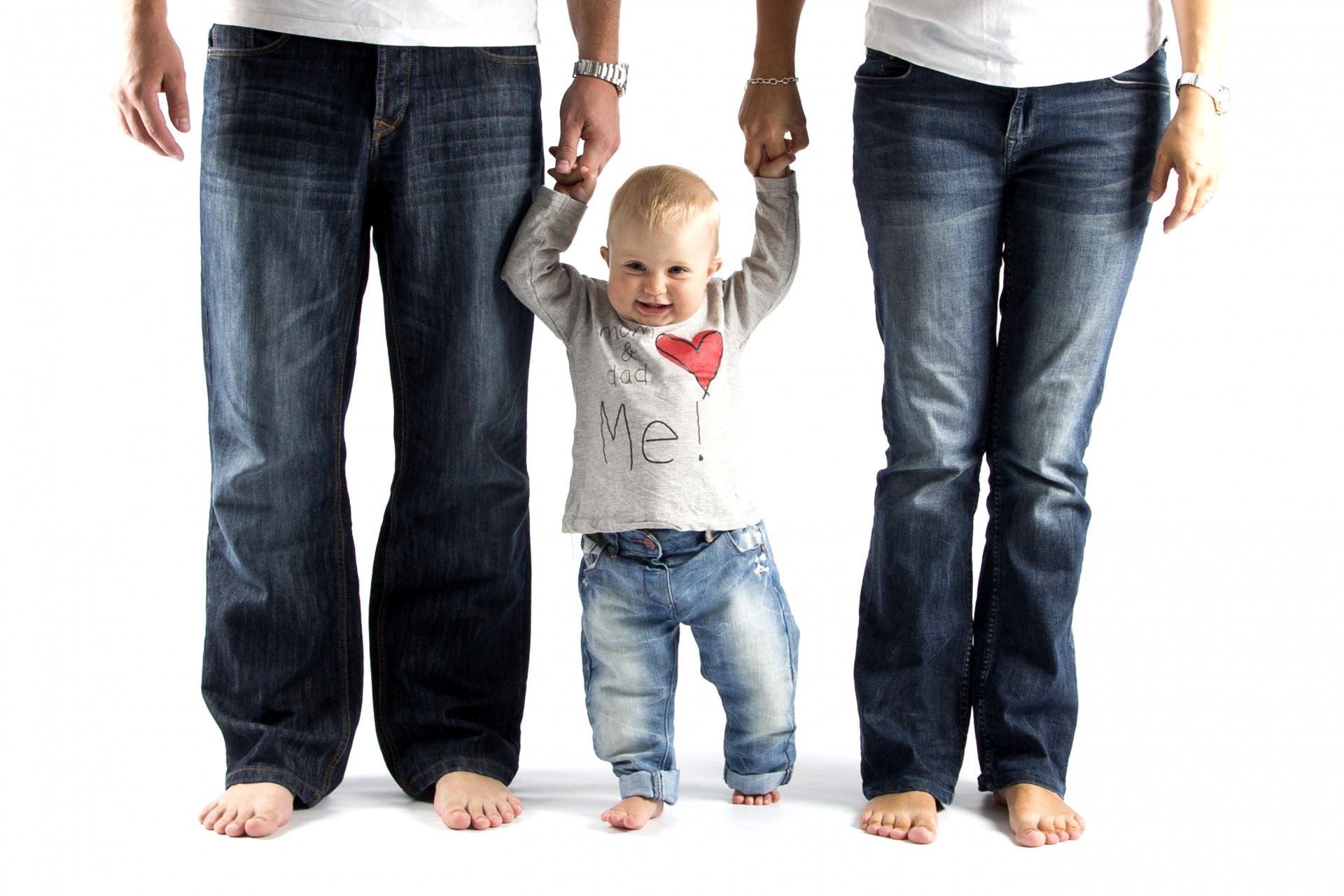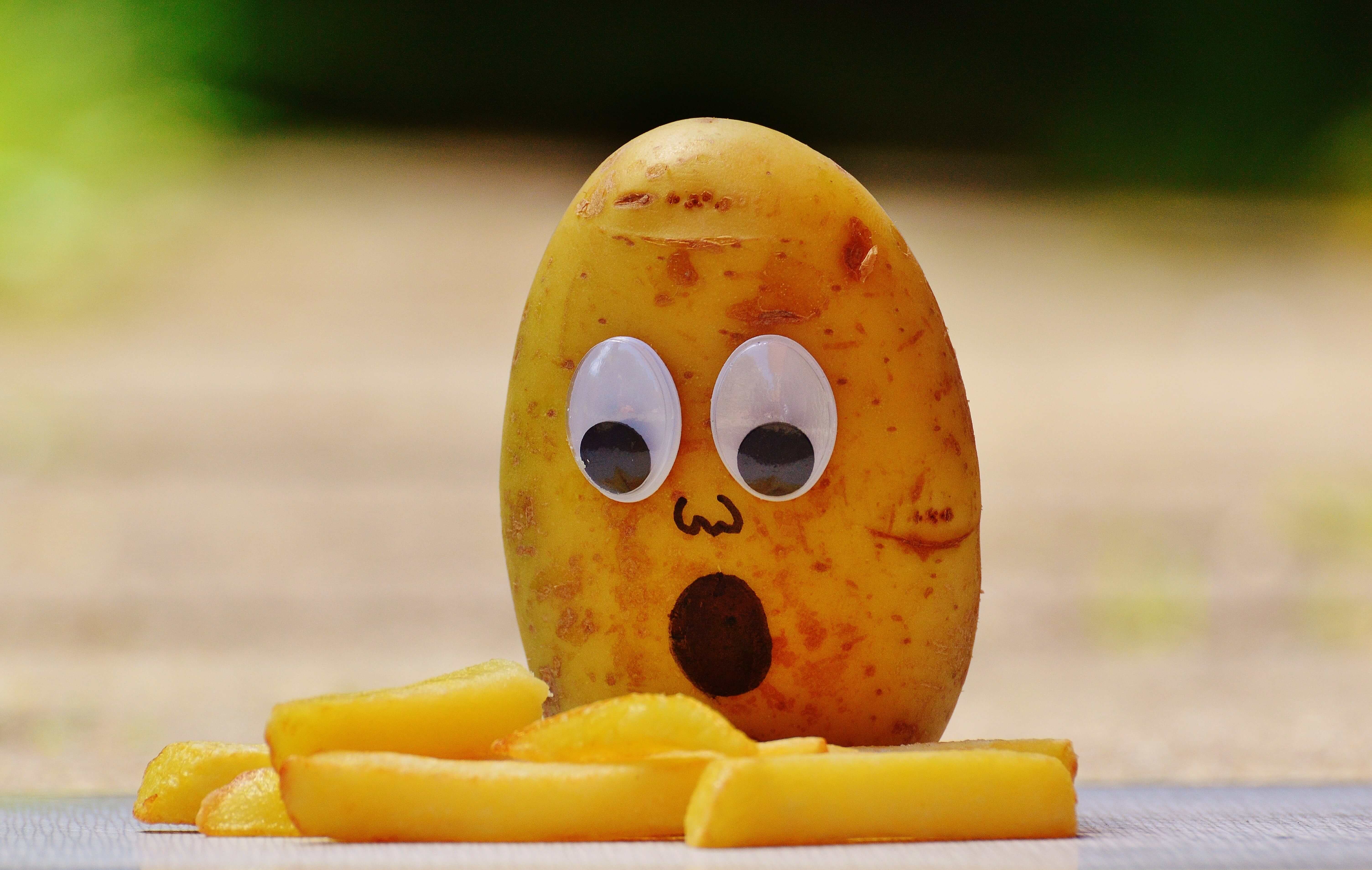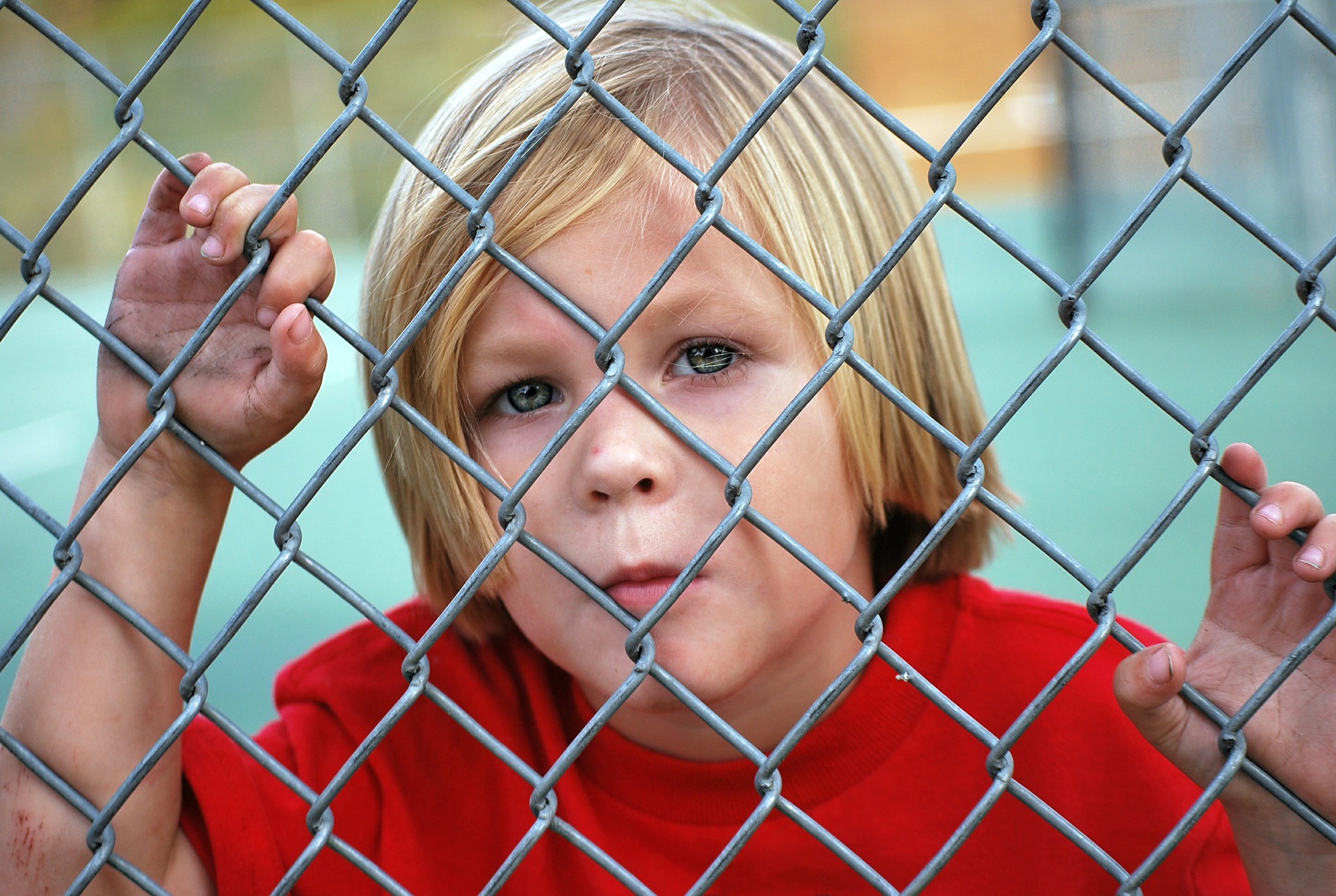6 Unreliable Signs That Your Baby Is Ready For Solids
Starting solid food with your baby can be an exciting time. But how do you know when to start?
We often hear many different suggestions from well-meaning friends, family and even strangers when it comes to the right age to start solids. It can be challenging to navigate the many recommendations that often contradict each other. So, when is baby ready for solids? Leading health organisations, such as Australia’s National Health and Medical Research Council, recommend starting around 6 months. Can we rely only on baby’s age to determine their readiness? Signs of developmental readiness are reliable ways to tell if your baby is ready for solids. For example, a baby who is developmentally ready for solids: l Has increased ability to sit upright without support l Will have lost his tongue-extrusion reflex (this reflex makes a baby stick his tongue out in response to food being put into his mouth) l Can reach for food and put it into his mouth l Is ready to chew Leading health organisations have taken signs of developmental readiness into account when making their recommendation of around 6 months being the time to introduce solids. Indeed, most babies around six months show signs of being developmentally ready for solids. However, there are some unreliable ways to tell if your baby is ready for solids, which you should not use as a guide for solid readiness. Unreliable Signs For Introducing Solids Here are 6 common unreliable signs that your baby is ready for solids: #1: Appearance Of Teeth The appearance of teeth does not indicate your baby is ready for solids. A baby’s first tooth appears at various times in different babies. Some babies are even born with a tooth already – clearly these babies are far from being ready to eat solid food. For other babies, they may not get their first tooth until sometime after their first birthday. For such babies, they would start solid foods well before the appearance of their first tooth. Babies can actually do a lot with their gums, and they cut their teeth in their own time.
#2: Your Baby Is Grabbing At Your Food From around 4 months, some babies may reach out and grab food from your plate. Some parents think that because their baby does this that it means their baby is ready for solids. This is not true. All the signs of developmental readiness need to occur together to indicate that a baby is ready for solids. Only one of these signs is a baby reaching for food. They also need to be able to put it into their own mouth, be ready to chew, have an increased ability to sit upright without support and have lost the tongue-extrusion reflex. Most babies reach all of these signs of developmental readiness around 6 months. Remember, babies love grabbing anything interesting in front of them (or on their body!). It doesn’t mean they’re starving. Your baby may simply be intrigued as to what you have, and she wants it too. Or she may simply be trying to imitate you. But your baby doesn’t know if she’s ready for solids or not. #3: Waking More At Night From time to time throughout your baby’s development, he goes through periods of waking up more often and feeding more often. These periods are commonly referred to as wonder weeks, or a leap in a child’s mental (and physical) development. A wonder week can often account for your baby waking up more often and wanting to feed more often, rather than it being a sign that your baby needs to start solids. Some parents think or have been told that if they start their baby on solid foods, their baby will sleep longer (or through the night). This is not true, and could in fact make a baby wake more often at night, due to experiencing reactions from the solid food (e.g. a tummy ache). The truth is that as your baby grows, his sleeping and eating patterns will continue to change.
#4: Baby Wanting To Feed More Often Babies go through periods of wanting to feed more often, for a variety of reasons that have nothing to do with needing to start solids. For example, your baby may be teething, going through a wonder week, or experiencing separation anxiety, etc. Comfort feeding will not create a rod for your own back. It’s actually great for mamas and babies, as you will read about here. If you’re breastfeeding, allowing your baby to feed more will help to keep your milk supply up. Here are 7 tips for coping with cluster feeding. #5: Thinking That A baby Needs ‘Real Food’ Some parents may have heard people say that once their baby reaches a certain age that, “breastfeeding isn’t enough anymore – he needs some ‘real food!‘” Breastmilk is ‘real food’. It contains all the nutrients a baby needs to grow and develop optimally for around the first 6 months. Breastmilk (or formula for a formula fed baby) should be a baby’s main source of nutrition for the first year. In fact, introducing solids too early may displace the important nutrition your baby needs from breastmilk and/or formula. #6: Baby’s Weight Has Reached X Kilograms Just because a baby has reached a certain number of kilograms or has doubled his birth weight, it does not automatically mean he is ready for solids. Some parents may have been told that they need to start solids because their baby is bigger — but bigger doesn’t equate with more advanced developmental maturity. Other parents may have been told they need to start solids because their baby is small. Either way, you cannot win. Mothers are able to make plenty of milk for their baby, regardless of how big or small their baby is. Feeding your baby on cue will help ensure he gets what he needs. Also, research indicates that exclusively breastfed babies do not increase the amount of milk they drink between about 1 and 6 months of age. It is also important to remember that breastmilk has more calories (and nutrients) than most solid foods that babies eat. …
Starting solids with your baby is often an exciting time. Be sure to look out for signs of developmental readiness to know that your baby is ready rather than the unreliable sings listed above. Writeen By Renee Kam IBCLC Retrieved From: http://www.bellybelly.com.au/baby/unreliable-signs-baby-is-ready-for-solids/
|
|





